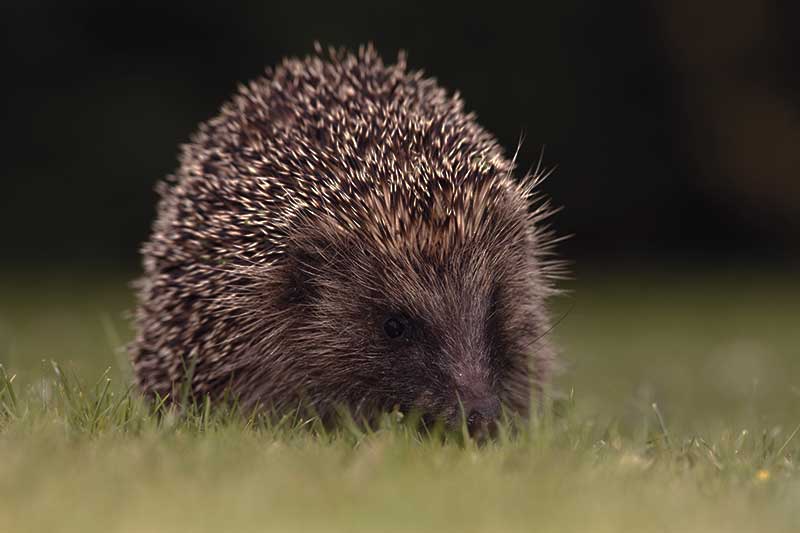Are badgers to blame for the decline in hedgehogs?

A position statement by British Hedgehog Preservation Society (BHPS) and People’s Trust for Endangered Species (PTES)
A position statement by British Hedgehog Preservation Society (BHPS) and People’s Trust for Endangered Species (PTES), October 2020.
Nationally, the hedgehog population in Britain has declined over the last thirty years. While badgers may play a role locally, hedgehogs are absent in many areas where there are no badgers and, in areas where nesting and feeding sites are plentiful, the two species co-exist.
Identifying badgers as the primary reason for the fall in hedgehog numbers isn’t backed by the science.
Competition and predation
Badgers are known to kill and eat hedgehogs, but they feed mainly on soil invertebrates, such as earthworms and beetle larvae, which are also favoured by hedgehogs. Competition for the same food, and predation, may result in fewer hedgehogs in areas where badger numbers are high. When foraging, hedgehogs will avoid areas where badgers have recently been active.
Long-term, widespread declines in hedgehog numbers are more likely to be due to a combination of factors, including habitat loss or degradation, and road casualties.
Will culling badgers help hedgehogs?
Culling badgers to control the spread of bovine tuberculosis (bTB) isn’t supported by the scientific evidence. Vaccination of cattle and badgers offers a more effective and humane method of control and, while factors such as habitat loss and road mortality remain, culling badgers is unlikely to save hedgehogs.
A better approach
The conservation of rural hedgehog populations is better achieved by increasing the extent and quality of habitat that supports both hedgehogs and badgers. This could be achieved by restoring and planting more hedgerows, for example, to provide foraging sites and shelter, and managing field margins and grasslands to increase the abundance and diversity of invertebrates.
